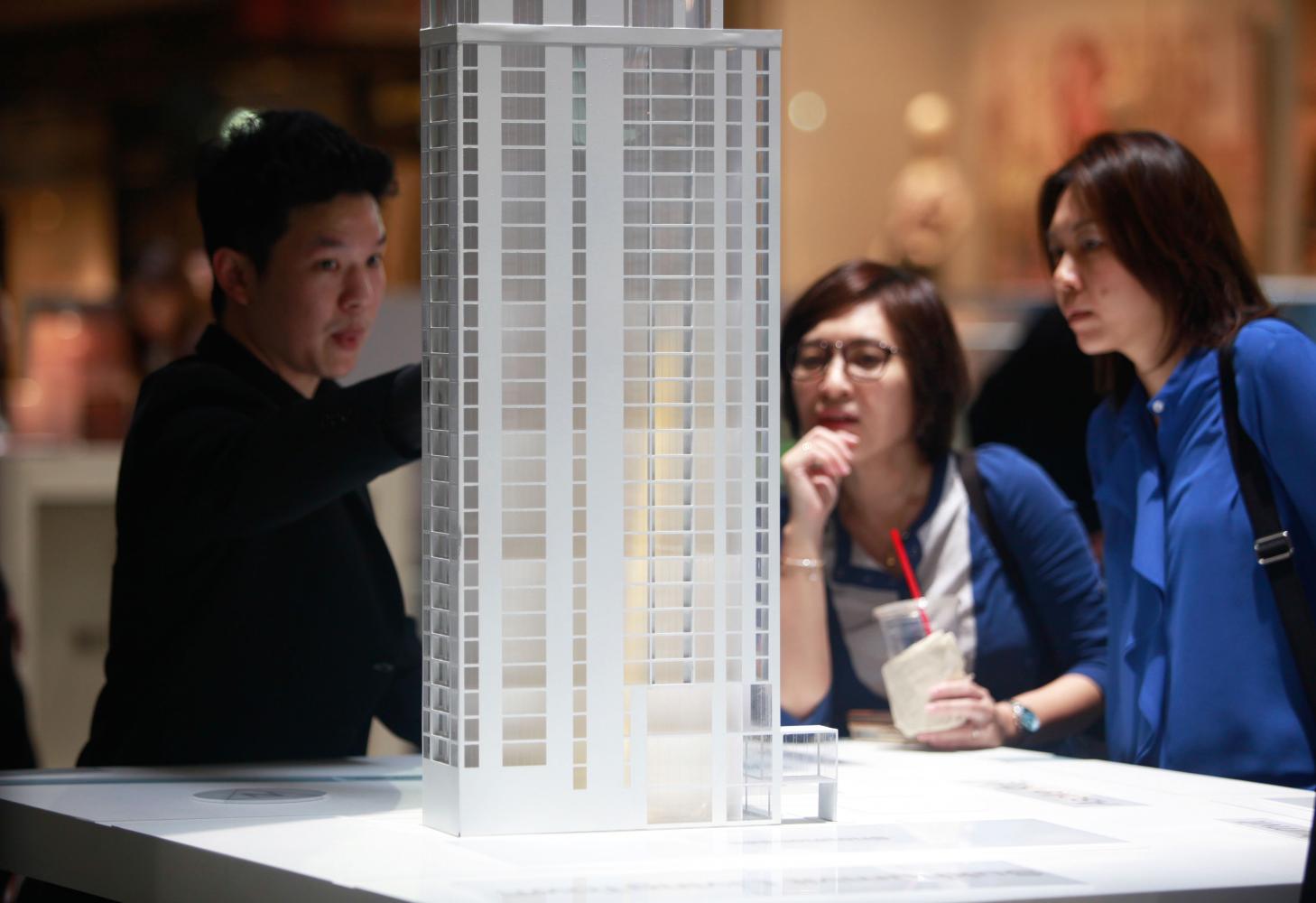
While the government wants to attract talented foreigners to relocate through property ownership measures, regulations related to zoning and volume limitation should be applied to keep Thai residences affordable, according to property analysts.
Issara Boonyoung, chairman of the committee for real estate development at the Thai Chamber of Commerce, said many people are concerned about the cabinet's recent measures to promote wealthy foreigners buying property in Thailand.
"A foreign property ownership quota of higher than 49% is not new. It was applied in 1999 -- two years after the financial crisis -- as the government wanted to revive the Thai economy," he said.
"However, only a few projects could secure foreign ownership of more than 49% as foreigners were not confident in the Thai economy."
Now Thai properties are attractive among foreigners looking to buy a unit as a second home for vacation or retirement, said Mr Issara.
Some projects in Pattaya or Phuket had eager buyers, but were unable to sell more units to foreigners because they bumped up against the quota, he said.
To increase sales from foreign buyers and avoid upsetting local residents, the government should use regulations like zoning, said Mr Issara.
For example, a foreign ownership quota of more than 49% for a condo project should not situated in an agricultural zone to prevent indirect land holding. These higher quotas should be for municipal areas, he said.
Land for condo projects with foreign ownership quotas of more than 49% should be sized no larger than five rai, said Mr Issara.
"The price of units at a condo project allowing a higher quota of foreign ownership or a low-rise house should be 10 million baht or above, in order to keep homes affordable for Thais," he said.
Suthikorn Kingkaew, director of research at Future Innovative Thailand Institute, said the government should control the number of units being acquired by foreigners, such as a rule allowing one unit per passport.
"Foreigners should only be allowed to buy new units, not secondhand units, as new development can boost economic growth," said Mr Suthikorn.
According to the Real Estate Information Center (REIC), an accumulative size of condo units transferred to foreigners from 2018-20 tallied 1,408,310 square metres, led by Greater Bangkok with 777,961 sq m, accounting for 55.2%.
Second was 433,399 sq m in the eastern region (30.8%), then the northern region with 102,902 sq m (7.3%).
By province, the top five largest combined condo areas transferred to foreign buyers were Bangkok (49.4%), Chon Buri (30.2%), Chiang Mai (7.1%), Phuket 4.9% and Samut Prakan (4.5%).
"The total condo area transferred to foreign buyers each year accounted for only 10.7% of nationwide transfers to all buyers," said Vichai Viratkapan, REIC acting director-general.
"Some projects in certain areas such as Phuket and Chon Buri or the central business district of Bangkok were preferable among foreign buyers, seeing foreign ownership of condos of more than 49%. These areas should be allowed to have higher foreign ownership quotas."
Picking some areas to have foreign ownership incentives might be sufficient for foreign demand and to improve the economy, he said.
The government should specify that condo projects with foreign ownership quotas of higher than 49% must have unit prices of 10 million baht and above, said Mr Vichai.
A foreigner's voting rights as a juristic person for a condo project should be limited to no higher than 49% to protect the rights of Thai owners, he said.
The top three regions for ratio of foreign ownership of condos were the East (29.7%), the North (20%) and the South (16.5%), according to REIC.
In Greater Bangkok, the ratio of foreign ownership was only 7.6%, of which more than 20% were units priced between 5-20 million baht.
During 2018-20, the number of condo units transferred to international buyers totalled 34,653 worth a combined 146 billion baht.
The top source market was Chinese, which mostly focused on Bangkok, Chon Buri and Samut Prakan.
Russia was second, with the majority of them owning condo units in Chon Buri, Phuket and Prachuap Khiri Khan.
British buyers were third, opting for Chon Buri, Bangkok and Chiang Mai, according to REIC.
The French were No.4, preferring Chon Buri, Bangkok and Phuket, while the Japanese were fifth, owning condo units in Bangkok, Chon Buri and Samut Prakan.
In the first half of 2021, 4,358 units were transferred worth 20.5 billion baht.
REIC reported property leasehold contracts with a period of three years or longer tallied 1,483 units worth 5.4 billion baht during 2018-20, covering both condo units and low-rise houses. Some 1,172 units worth 4.42 billion baht were in the South, mainly Phuket.
"Foreigners buying condos accounted for 10% by unit and 17% by value, with few leasehold contracts," said Mr Vichai.
He said luring affluent foreign buyers via government policy could help stimulate the economy, but legal issues and issuing new regulations will take time.